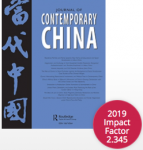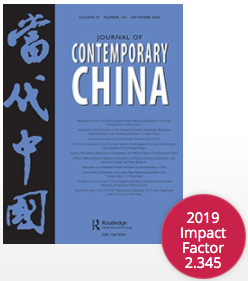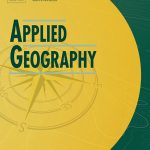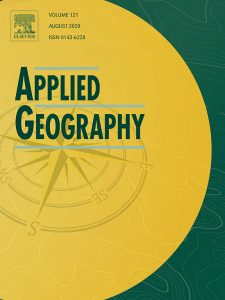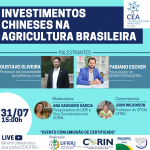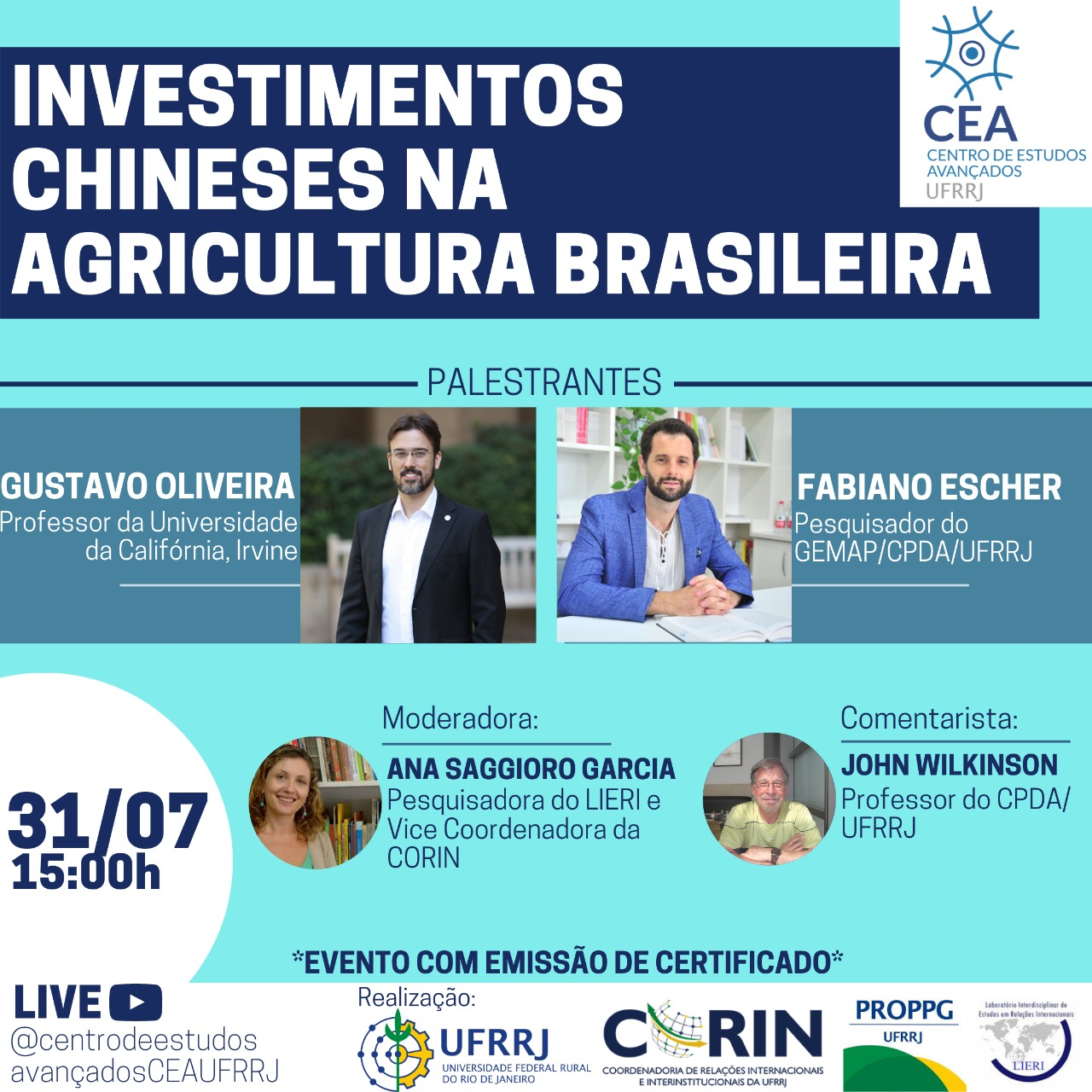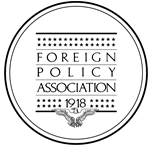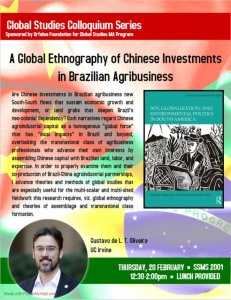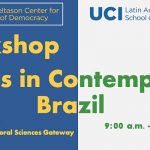China’s Capitalism and the World
The past decades have witnessed a dramatic increase in the pace and scale of global capitalist expansion; the rapidity of consequent social transformations is in part due to China’s increasing participation in these processes. The Belt and Road Initiative and its associated infrastructure projects have received a huge amount of attention, but this webinar expands the focus to less understood and less often seen aspects of the reorganization of global capital. Based on extensive research and innovative approaches, the speakers will make visible the ways in which Chinese investment in South America, Southeast Asia, and Sub-Saharan Africa is reshaping local and global life, resource extraction, and relations of political domination and resistance.
Thur, Nov. 19, 5-6:30 EST
Organized by Critical China Scholars
Co-sponsors: Gongchao; Made in China Journal; The Nation
Moderator: Eli Friedman, Cornell University
Panelists:
- Patrick Bond, School of Government, University of the Western Cape
- Juliet Lu, Postdoctoral Research Fellow at the Atkinson Center for Sustainability & Department of Global Development, Cornell University
- Farai Maguwu, Executive Director, Centre for Natural Resource Governance, Harare, Zimbabwe
- Omar Manky, Department of Social and Political Sciences, Universidad del Pacífico
- Gustavo Oliveira, Global & International Studies, University of California, Irvine
